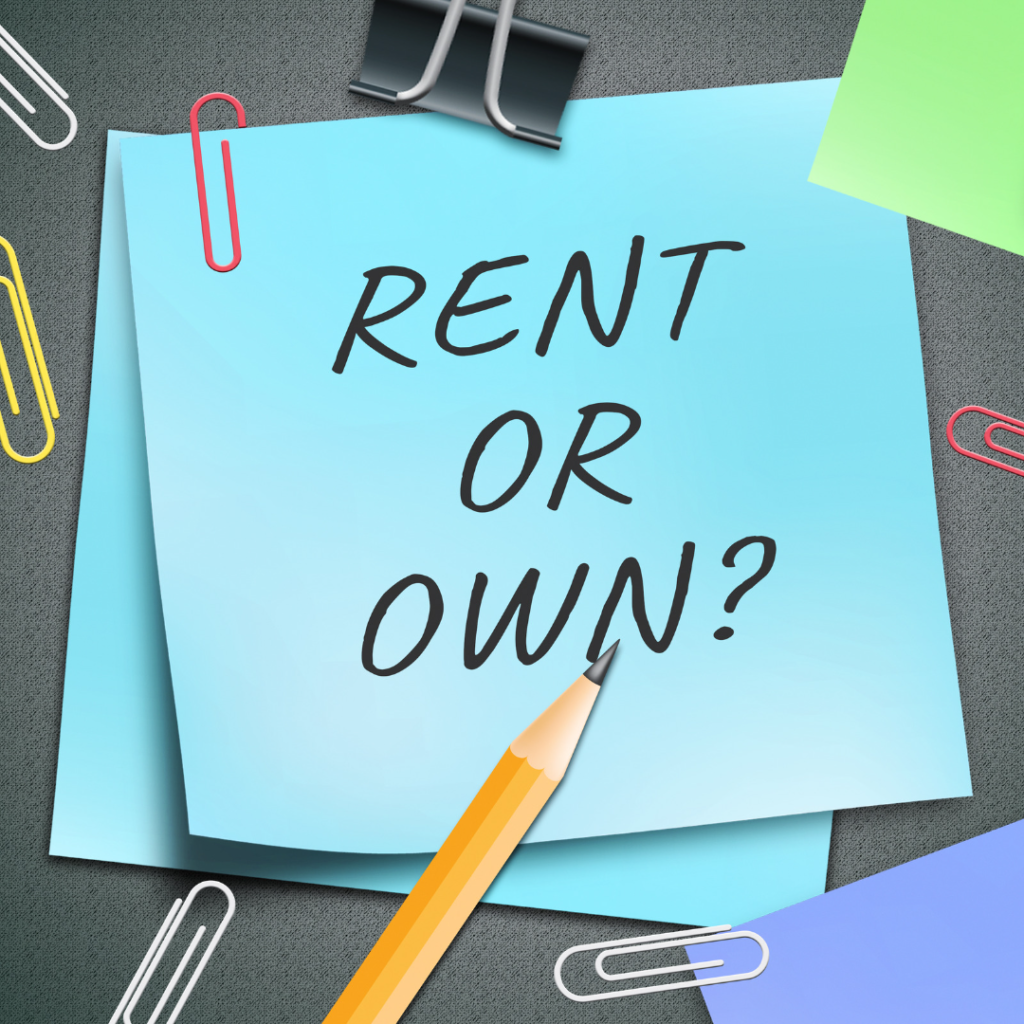The Advantages of Owning vs Renting Residential Properties
One of the most significant financial decisions that people make in their lives is whether to rent or own a residential property. Both options come with their advantages and disadvantages, and the choice ultimately depends on an individual’s circumstances and preferences. In this blog post, we will explore the advantages of owning vs renting residential properties and help you make an informed decision.
Advantages of Owning Residential Properties
Long-term Investment: Owning a residential property can be an excellent long-term investment. The value of the property is likely to appreciate over time, and you can build equity in the property as you pay down the mortgage. When you eventually decide to sell the property, you can potentially make a profit.
Tax Benefits: There are several tax benefits to owning a residential property. You can deduct mortgage interest and property taxes on your tax return, which can lower your taxable income. Additionally, if you sell your primary residence, you can exclude up to $250,000 in capital gains from your income tax.
Control: When you own a residential property, you have control over how you use it. You can renovate or remodel the property as you see fit, which can increase its value. You can also decide to rent out the property, generating rental income that can help pay off the mortgage.
Stability: Owning a residential property provides a sense of stability and security. You don’t have to worry about a landlord raising the rent or evicting you, and you can stay in the property for as long as you like (as long as you continue to make your mortgage payments).
Advantages of Renting Residential Properties
Flexibility: Renting a residential property provides flexibility, which can be particularly useful if you move frequently. You can easily move to a new location when your lease ends, without having to worry about selling a property. This can also be useful if you’re not sure how long you want to live in a particular location.
No Maintenance Costs: When you rent a residential property, you don’t have to worry about maintenance costs. If something breaks, your landlord is responsible for fixing it. This can save you a significant amount of money over time.
No Down Payment: Buying a residential property typically requires a significant down payment, which can be challenging for some people. When you rent a property, you don’t have to worry about this cost.
Amenities: Many rental properties come with amenities such as swimming pools, fitness centers, and communal areas. These amenities can be expensive to install and maintain in a residential property, so renting can be a cost-effective way to access them.
Conclusion
In conclusion, there are advantages to both owning and renting residential properties. Owning a property provides a long-term investment opportunity, tax benefits, control over the property, and stability. Renting a property provides flexibility, no maintenance costs, no down payment, and access to amenities. Ultimately, the choice between owning and renting depends on your individual circumstances and preferences. Consider factors such as your long-term goals, financial situation, and lifestyle when making your decision.

Joseph Gozlan

Investment Properties Advisor
Email: Joseph@Wisdom.TXcom
Direct: (469) 443.6336
Language/s: English, Hebrew
